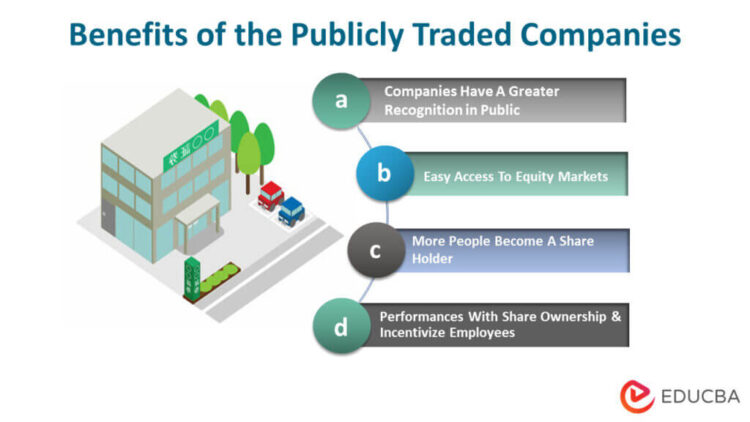
How insurance companies work is a question that pops up in our minds when we think about car accidents, house fires, or even just getting sick. Insurance is like a safety net, and these companies are the ones who weave that net. They take on the risk of unexpected events, spreading it out amongst a group of people, so that when something bad happens, the impact is lessened. From understanding the fundamentals of risk pooling to navigating the complex world of insurance policies, this guide will equip you with the knowledge to confidently navigate the insurance landscape.
Imagine a world without insurance. Every time you got sick, you’d be facing a mountain of medical bills. If your car got totaled, you’d be left to pick up the pieces financially. Insurance companies exist to mitigate these risks, offering peace of mind and financial stability in times of uncertainty. But how do they do it? Let’s delve into the world of insurance, from its core principles to the impact it has on society.
The Fundamentals of Insurance

Insurance is a vital part of modern life, offering financial protection against unexpected events. Whether it’s your health, your car, or your home, insurance helps you navigate life’s uncertainties with peace of mind. But how does it work? The magic behind insurance lies in two core principles: risk pooling and risk transfer.
Risk Pooling and Risk Transfer
Imagine a community where everyone contributes a small amount of money to a shared pool. If one person experiences a loss, the pool covers their expenses. This is the essence of risk pooling. Insurance companies operate on this principle, collecting premiums from a large group of policyholders and using the collective funds to cover losses.
Risk pooling spreads the financial impact of unexpected events across a large group, reducing the burden on any single individual.
Risk transfer is the other key principle. By purchasing insurance, you transfer the financial risk of a potential loss to the insurance company. In exchange for paying premiums, the insurance company agrees to cover your losses up to the policy limits.
Types of Insurance
Insurance comes in various forms, each designed to protect against specific risks.
Health Insurance
Health insurance provides financial protection against the costs of medical care, such as doctor visits, hospital stays, and prescription drugs. Different health insurance plans offer varying levels of coverage and benefits.
Auto Insurance
Auto insurance protects you against financial losses arising from car accidents. It covers damages to your vehicle, injuries to yourself or others, and legal liabilities.
Life Insurance
Life insurance provides financial security to your loved ones in the event of your death. It pays a death benefit to your beneficiaries, which can help them cover expenses such as funeral costs, mortgage payments, or living expenses.
Risk Assessment and Management, How insurance companies work
Insurance companies are experts in assessing and managing risk. They use various techniques to determine the likelihood and potential cost of future losses.
Underwriting
Underwriting is the process of evaluating an applicant’s risk profile. Insurance companies gather information about the applicant’s health, driving history, property, and other relevant factors to determine their eligibility for coverage and the appropriate premium.
Pricing
Insurance premiums are calculated based on the assessed risk. Higher-risk individuals or properties typically pay higher premiums, reflecting the greater likelihood of a claim.
Claims Management
When a policyholder experiences a loss, they file a claim with the insurance company. Claims adjusters investigate the claim, assess the damages, and determine the amount of compensation payable.
Wrap-Up: How Insurance Companies Work

Insurance is a fundamental pillar of modern society, protecting individuals and businesses from financial ruin in the face of life’s unpredictable events. Understanding how insurance companies work empowers you to make informed decisions about your own coverage, ensuring you’re adequately protected. From the basics of risk transfer to the intricate workings of the industry, this exploration has provided a comprehensive overview. Now, armed with this knowledge, you can confidently navigate the world of insurance and find the policies that best suit your needs.
FAQ Explained
What are the different types of insurance policies?
There are many types of insurance policies, each designed to cover specific risks. Common types include health insurance, auto insurance, home insurance, life insurance, and liability insurance.
How do I choose the right insurance policy?
Choosing the right insurance policy depends on your individual needs and circumstances. Consider factors like your age, health, assets, and risk tolerance. It’s always a good idea to consult with an insurance agent or broker to get personalized advice.
What are the benefits of having insurance?
Insurance offers numerous benefits, including financial protection from unexpected events, peace of mind, and access to essential services like healthcare or legal assistance.
How can I save money on my insurance premiums?
There are several ways to potentially save on your insurance premiums, such as maintaining a good driving record, bundling policies, increasing your deductible, and shopping around for competitive rates.





